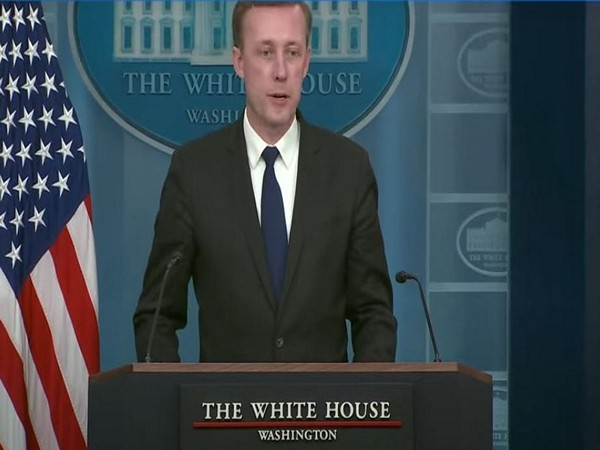Israel's Strategic Moves in Post-Assad Syria: A Defense Stance
U.S. National Security Adviser Jake Sullivan defends Israel's actions in Syria following the collapse of Bashar al-Assad's government. Sullivan cites security risks, including potential power vacuums and threats from rebel forces. Israel's temporary military actions in the buffer zone aim to neutralize these threats.

In the wake of Syrian President Bashar al-Assad's government's collapse, U.S. National Security Adviser Jake Sullivan has come forward in defense of Israel's recent military operations in Syria. Sullivan emphasized Israel's right to safeguard itself against threats to its security, which have been amplified following the regime's downfall.
Israel, responding to the sudden instability, has positioned troops in the buffer zone around the Israeli-occupied Golan Heights. Since Assad's unexpected departure, Israeli forces have executed numerous airstrikes aimed at Syrian military assets to prevent them from becoming accessible to rebel factions that contributed to Assad's overthrow, Sullivan elaborated during a Tel Aviv press briefing.
The evolving scenario presents a multitude of risks, including potential fragmentation of Syrian power structures and increased terrorism threats, according to Sullivan. Despite international criticism, including from France and the UAE, Israel's occupation of the buffer zone is deemed temporary, focusing on mitigating these profound risks to regional stability.
(With inputs from agencies.)
ALSO READ
Escalating Tensions: Deadly Airstrikes Stir Conflict Across Afghan-Pakistani Border
Escalating Tensions: Israeli Airstrikes Intensify in Lebanon
Israeli Airstrikes in Lebanon: Rising Tensions Unleash Lethal Force
India Condemns Pakistan's Airstrikes on Afghan Soil
Persistent Airstrikes Cripple Ukraine's Black Sea Ports










